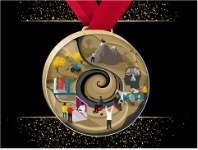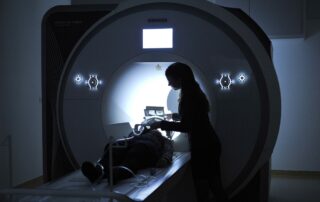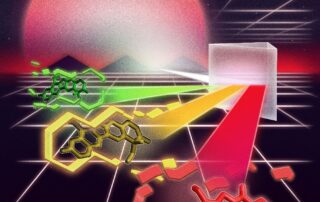Royal Society of Chemistry Awards Sensor Development Collaboration with Robert Boyle Analytical Horizon Prize – RCNS Participation
The Functional Interfaces Research Group and the Biological Nanochemistry Research Group of the Institute of Materials and Environmental Chemistry of RCNS are part of an international collaboration „Biosensor Surface Innovators” with the University of Toronto and Comenius University Bratislava, which has been awarded the 2023 Analytical Science Horizon Prize: Robert [...]
Improving quality control of MR images using artificial intelligence
Artificial intelligence-based solutions play an increasingly important role in the analysis of medical images. These systems may support clinical decision making and biomedical research as well. Quality control of the obtained images is of paramount importance for both scientific research and clinical applications. Automating the quality control of MRI scans can [...]
Scientists report a huge organic diversity in the Tissint Mars meteorite
Earlier the researchers emphasized that organic molecules and life could be formed on the Earth under special circumstances several milliard years ago. There was not any evidence that life similar to the Earth’ type could exist on other planets. This opinion started to change when the Tissint meteorite (formed hundreds [...]
Turning Red without Feeling Embarrassed─Xanthenium-Based Photocages for Red-Light-Activated Phototherapeutics
Minimizing the unwanted side effects of therapeutic agents is one of the major challenges in drug research. Such challenges are addressed with targeted therapies, where the effect of the drug is restricted to the vicinity of malignant cells. Among the different targeted approaches photochemotherapy is receiving more and more attention. [...]
Light for the blind: Patient-scientist forum at TTK
We invite interested patients, scientists and the general public to discuss our progress towards restoring vision for the blind on 19 August at 9am. Members of the Hillier lab will present their results and with a patient on stage we will discuss how technology and neuroscience can lead to therapy. [...]





